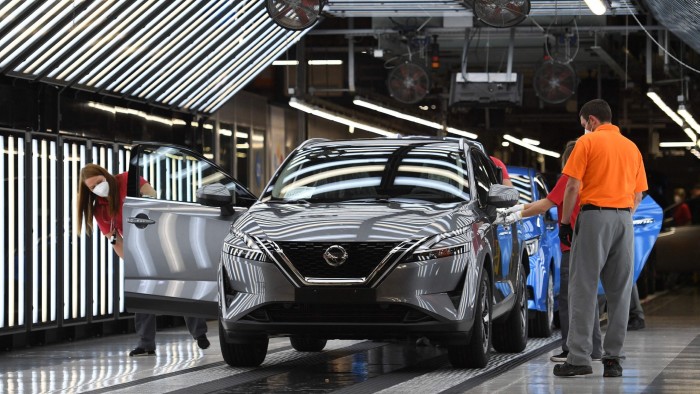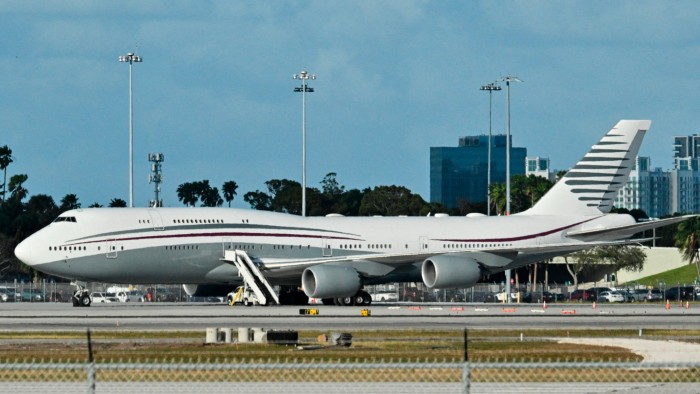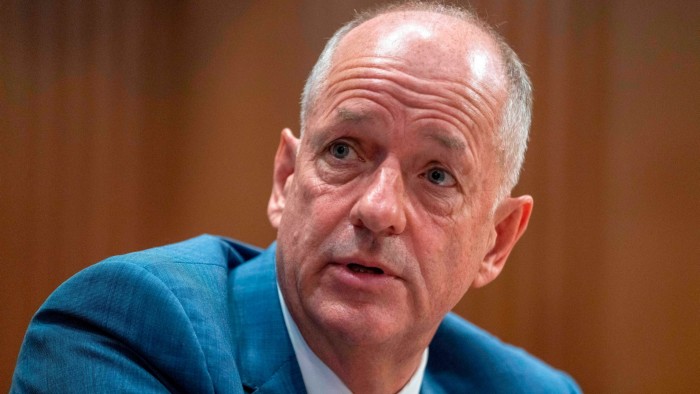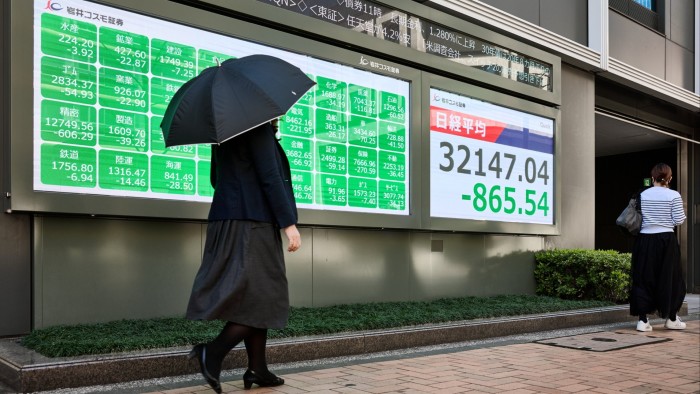Nissan to axe 15% of global workforce and almost halve number of plants

Unlock the Editor’s Digest for free
Roula Khalaf, Editor of the FT, selects her favourite stories in this weekly newsletter.
Nissan plans to axe 15 per cent of its global workforce and almost halve its number of plants after US President Donald Trump’s trade war added urgency to the carmaker’s battle for survival.
In a sign of the deepening crisis at the Japanese company, Nissan said on Tuesday that it would cut 20,000 jobs, more than doubling a previous target, and would reduce the number of its factories from 17 to 10.
The overhaul is one of the most radical attempted by a carmaker in years, and underlines how Trump’s tariffs are forcing Nissan to take more aggressive steps in a bid to restore its fortunes.
The group, which has been hit by low-cost competition from Chinese carmakers, also reported a loss of ¥670bn ($4.5bn) in the year ending on March 30 compared with a profit of ¥426bn in the previous period.
Describing the results as a “wake-up call”, Ivan Espinosa, Nissan’s chief executive, said: “We have a mountain to climb from the losses we are announcing today.”
He added: “We wouldn’t be doing this if it was not necessary for our survival.”
The US tariffs would add ¥450bn of costs in the current fiscal year, Nissan said, adding that it would be able to offset about 30 per cent of the costs through various measures.
Like many of its rivals, Nissan also ditched its financial forecasts, citing the uncertainty over tariffs. Even before the jolt from the trade war, Nissan had begun to look beyond a previous restructuring plan set out last year.
Since then, merger talks with Honda have collapsed, Nissan’s previous chief Makoto Uchida was forced out and the group took $5.9bn of charges tied to its earlier restructuring plan.
Nissan is also seeking a new anchor shareholder after scaling back its more than two-decade-old alliance with French group Renault.
Espinosa, who took over from Uchida in April, declined to say which of its plants were at risk, but said that a review would include its sites in Japan.
The Mexican executive declined to comment directly on Nissan’s UK plant in Sunderland, but said the company was looking to produce more electric models at the site in partnership with Renault.
The planned plant closures will cut Nissan’s annual production capacity to 2.5mn units by 2027. It sold 3.3mn vehicles last year.
Rival carmaker Honda warned on Tuesday that it would take a ¥650bn hit from the tariffs, but said it believed it could offset about ¥200bn, including through adjusting production. As a result, annual operating profit would fall to ¥500bn in the 12 months to March 2026, down from ¥1.2tn in its previous financial year.
“The impact of tariff policies is huge,” said Honda chief Toshihiro Mibe, adding that its modelling represented a worst-case scenario. “This is the bottom. I think the tariff impact will continue to change as time goes by.”
The blow from tariffs and the slow pace of the shift to electric vehicles also led Honda to delay an $11bn investment in EV and battery factories in Canada.
Honda and Nissan have also shifted some production to the US in an effort to mitigate the effect of tariffs. Nissan is exploring tie-ups with Mitsubishi Motors and Honda that would see its rivals use spare capacity at its US factories.
“We are actively looking at market opportunities in the US. Honda is one of the candidates we are discussing to see if there’s a way forward,” said Espinosa.




